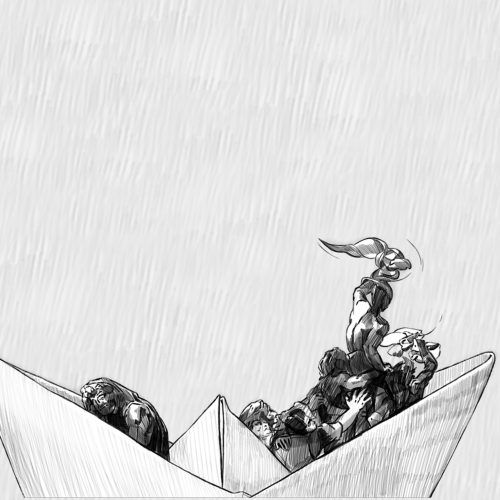Brutal treatment by Croatian police on migrants
The Danish Refugee Council (DRC) has documented testimonies of brutal beatings, robberies and sexual abuse by Croatian police on migrants at the Croatian-Bosnian border in October. Outriders has obtained from DRC pictures and testimonies that show serious injuries, bruises and marks over the faces and bodies of several victims.
According to these testimonies, they were kicked and beaten with metal batons, wooden sticks and belts by the Croatian authorities. In one case, the police forced them to undress and lie on the floor while the official took selfies. Eleven people were referred to healthcare. In two cases, they reported sexual abuse. They were also robbed of their belongings.
Ms Charlotte Slente, Secretary General of the Danish Refugee Council, explained to Outriders that more than 75 persons in one week reported “inhumane treatment, savage beatings and even sexual abuse.” “Treating human beings like this, inflicting severe pain and causing unnecessary suffering, irrespective of their migratory status, cannot and should not be accepted by any European country, or by any EU institution,” she added. Mrs Slente underlines that the testimonies were recorded from different groups of victims who have had no contact with each other. Among them, there are minors.
The brutal push backs on the Bosnia-Croatian border took place between 12 and 16 October. Humanitarian organizations have previously denounced abuses committed on refugees at the Croatian border. In 2017, Bosnia became a temporary stop on the Balkan migration route, when some governments such as Serbia and Macedonia introduced severe border restrictions. Thus, people looking to start a life in Western Europe crossed from Bosnia to Croatia and later to other European countries. However, Croatia, which shares 1,000 kilometres of border with Bosnia, is using inhumane tactics to protect its borders.























